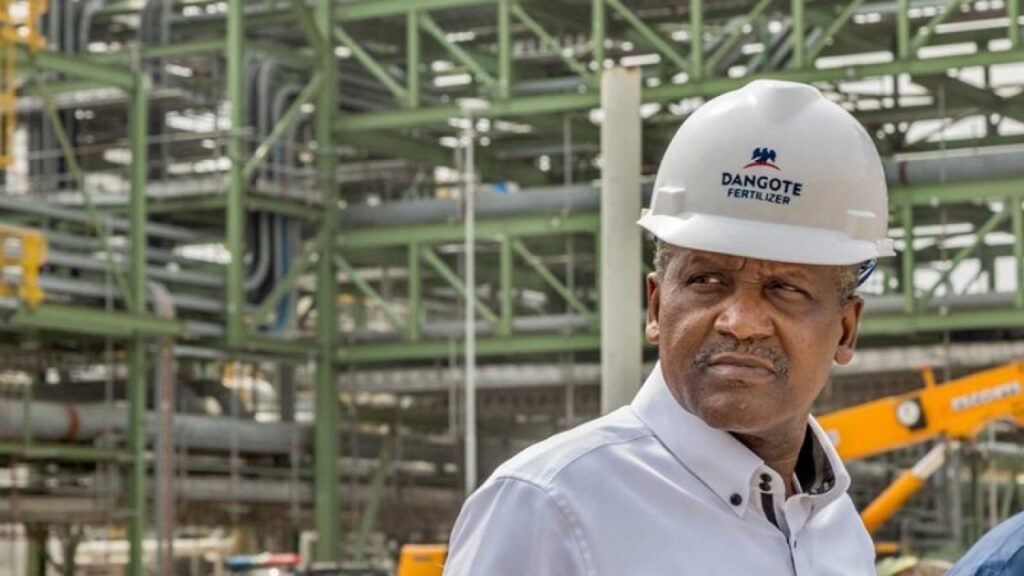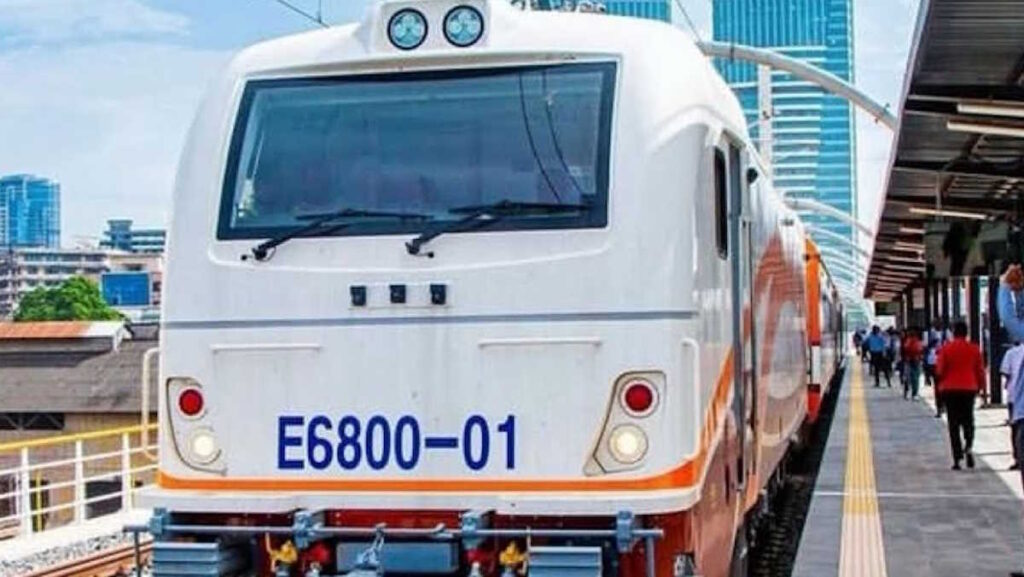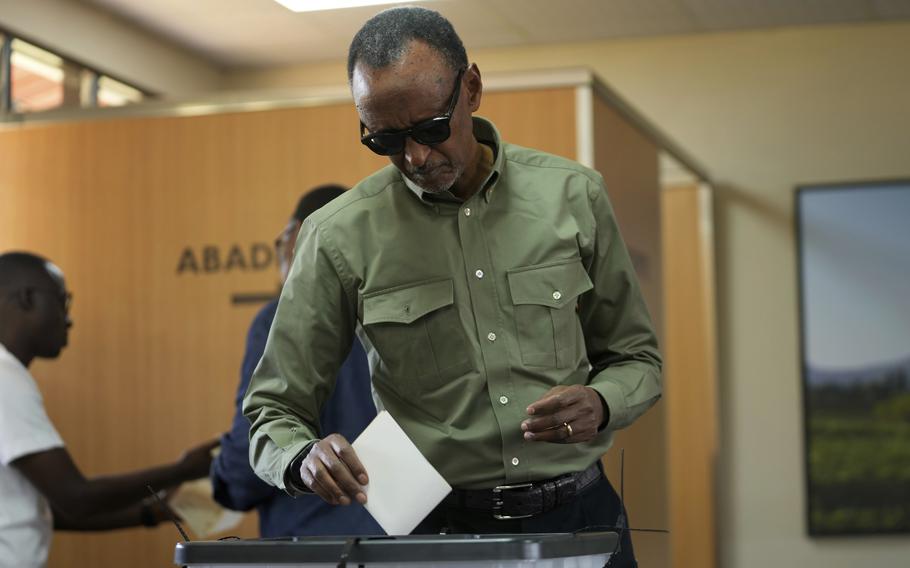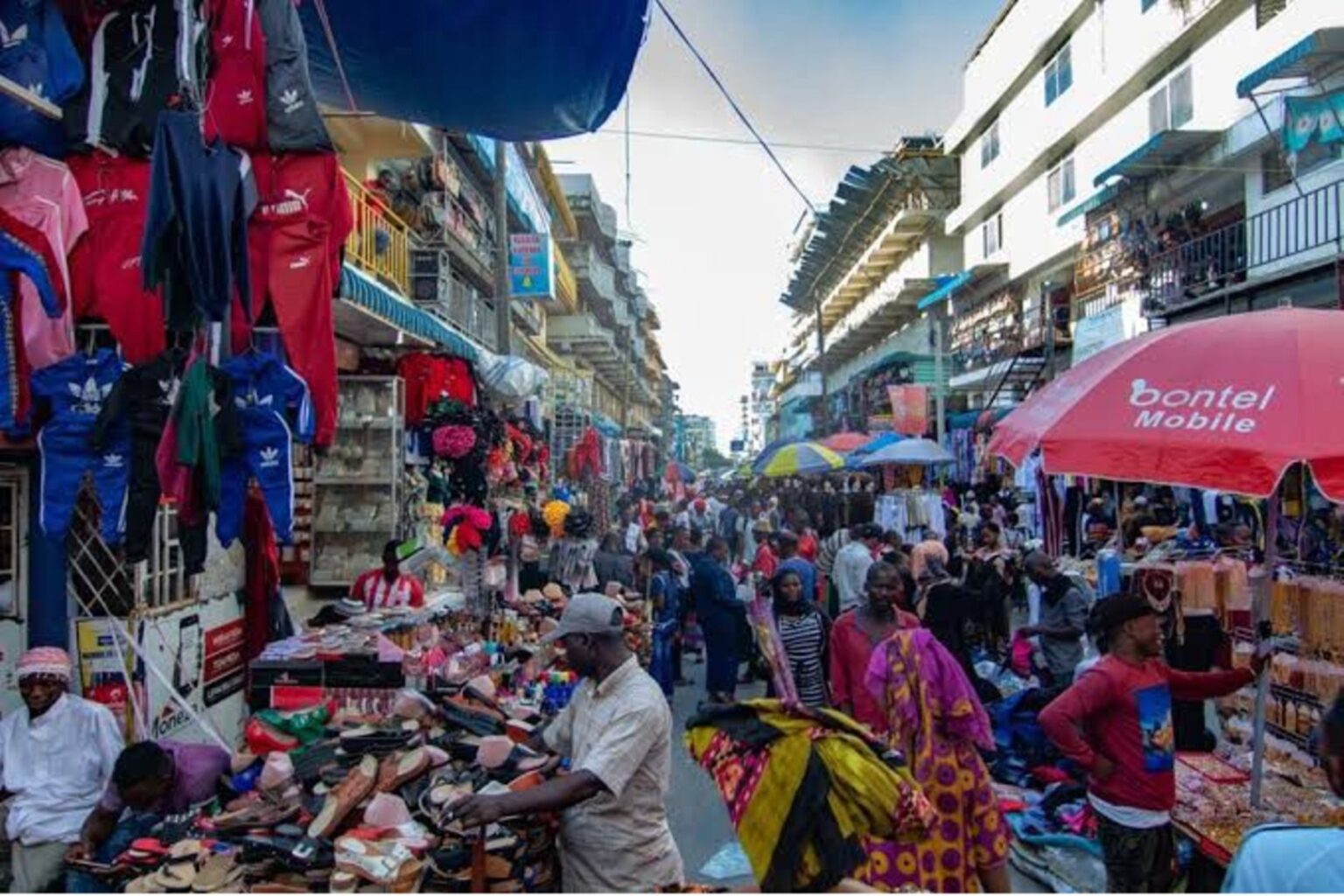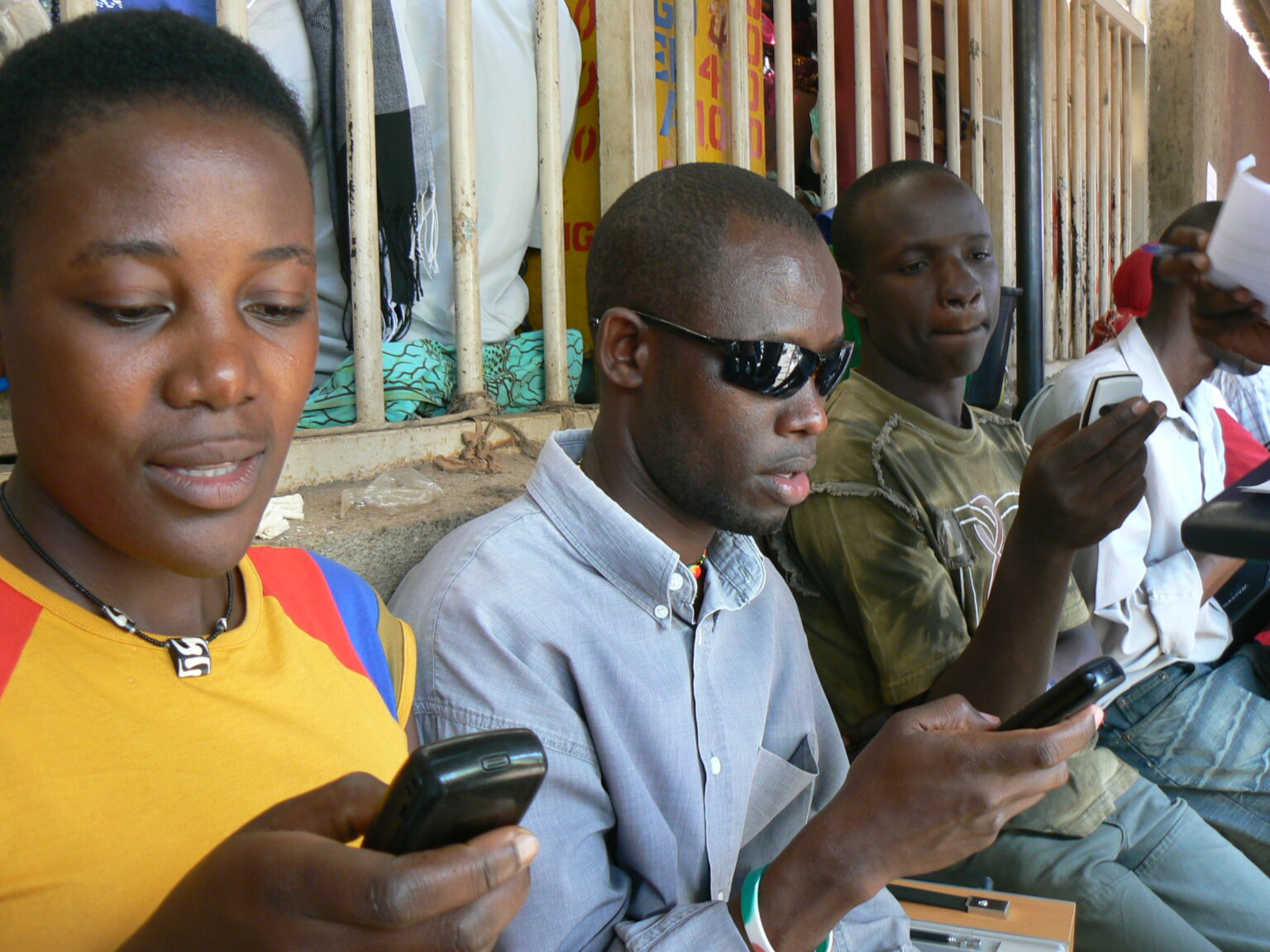- Africa’s new dawn: the rising role of digital and AI in agriculture
- Can Dangote Refinery Transform Africa Energy Ambition
- Gallup Survey: 80 per cent of Kenyan Workers Are Disengaged and Seek New Opportunities
- Madagascar Man Freed from 5KG Tumor After 15-Year Struggle
- How women in Africa are perceived and treated
- Sugar consumption in Kenya to Increase to 1.23 Million Tonnes
- Can Somalia and Turkey Oil deal Bring Change in Somaliland
- Remittances to Kenya dropped to $371.6 million in June, marking a six month low
Author: Padili Mikomangwa
Padili Mikomangwa is an environmentalist based in Tanzania. . He is passionate about helping communities be aware of critical issues cutting across, environmental economics and natural resources management. He holds a bachelors degree in Geography and Environmental Studies from University of Dar es Salaam, Tanzania.
- The construction took over 20 years and bears a processing capacity of 650,000 barrels per day 250,000 per day of gasoline and 100,000 of diesel.
- The Dangote oil refinery might halt the decades-long gasoline trade from Europe to Africa worth $17 billion each year.
Dangote Oil Refinery
Aliko Dangote, Nigeria’s and Africa’s wealthiest man ambition to foster energy reliance in his motherland and the region at large might be at risk. The giant oil refinery which is said to possess the potential to end decades-long gasoline trade from Europe to Africa worth $17 billion a year.
Concerns and tensions are high as a myriad of issues emerged before and since the $ 20 billion refinery came to life. According to various news reports, including the BBC and Reuters, the construction began in 2016 and started producing diesel and aviation fuel in January this year as petrol is expected to …
- According to the Turkish Energy Minister, Turkey will have exclusive rights for search and production when we find oil in these areas.
- Turkey and Somalia signed a defense and economic cooperation agreement during the Somali Defence minister’s visit to Ankara
- In March Somalia inked an oil and gas deal with Turkey which officials mentioned would foster cooperation in the exploration and exploitation of the deposits.
Somalia and Turkey Oil Deal
Despite being torn apart by civil war, Somalia’s geo-seismic studies have shown the war-torn country may have at least 30 billion barrels of oil and gas reserves.
Inching towards stability and fostering civil rest amid Islamic insurgents posing a threat to peace and harmony, Somalia’s newly discovered oil and gas deposits could be the nation’s breakthrough.
Although the resources take time to develop – exploration usually takes three to five years and production can only begin after the latter is …
- Tanzania Investment Centre (TIC) targets to register 1,000 investment projects in 2024
- The government of Tanzania is also revising the immigration law to draw diaspora investors.
Tanzania Investment Centre (TIC)
From changing harsh taxing practices to revising the foreign direct investment environment – the Tanzania Investment Centre (TIC) is significantly making notable efforts to make the East African nation investor-friendly.
On Tuesday, July 16, TIC displayed its ambitious goal of attracting nearly $10 billion in capital investments in 2024.
The new target comes seven months later after the government of Tanzania introduced a new campaign to increase investment to around $14 billion attributed by locals.
Tanzania’s investment trajectory took an uplift witnessing 504 projects worth $5.2 billion in 2023 an increase from $3 billion previously.
According to TIC executive director, Gilead Teri, the ambition eyes building impressive growth in foreign and domestic investments for five consecutive years, factored by favourable …
- On May 1st, 2024, Tanzania launched the first test run of its state-of-the-art electric train.
- Tanzania Railways Corporation’s General Manager Masanja Kadogosa highlighted the project’s significance in fostering economic growth and enhancing transportation efficiency throughout Tanzania and Eastern Africa.
- Tanzania has purchased 10 sets of locomotives and coaches from the Hyundai Rotem Company of South Korea.
Electric train in Tanzania
Tanzanians now can travel a distance of nearly 200km within one hour and 40 minutes, a significant travel time and a long awaited as the nation ushers in transformative railway structures worth $10 billion.
On May 1st, 2024, Tanzania launched the first test run of its state-of-the-art electric train, Standard Gauge Railway (SGR) from the nation’s commercial pulse Dar es Salaam to its capital Dodoma.
Then came the second experience on July 15th, when the first electric train, transporting ,400 passengers from the coastal city of Dar es Salaam …
- Results show that long-serving Paul Kagame has floored his challengers, garnering 99% of the presidential vote.
- This move gives Kagame a new 7-year term, and another chance to solve the persistent Rwanda-DRC conflict.
- Rwanda-DRC conflict has evolved into one of the world’s worst humanitarian crises in the world.
Rwanda Elections
Early results show that President Paul Kagame has beaten his challengers, garnering a jaw dropping 99.1 percent of the presidential votes cast on Monday, July 15, 2024. Kagame, who has been at the helm of Rwanda’s governance since 1994 secured victory by a similar margin in 2017.
His main challengers Democratic Green Party’s Frank Habineza and independent Philippe Mpayimana got 0.53 percent and 0.32 percent of the vote respectively.
According to Rwanda’s National Electoral Commission, about nine million people out of a population of 14 million were registered to vote. This represents an increase of two million voters compared to …
- In their letter dated June 26th, 2024, High Commissioners and Ambassadors from 10 countries expressed their dissatisfaction with how the Tanzania Revenue Authority (TRA) handled taxation issues related to investors from their countries.
- The French Embassy acknowledges the contribution to attracting and expanding quality international investment into Tanzania.
- Tanzania has attracted a stock of over $3.87 billion of investments from India, with a total of 675 projects and over 61,000 jobs delivered, making India one of the Top 5 investors in India.
Foreign Investors Challenges in Tanzania
“We are writing to express our concerns regarding both recent and ongoing challenges faced by foreign investors in Tanzania,” said a letter by a group of Ambassadors representing the United States, the United Kingdom, the Kingdom of Netherlands, France, Belgium, Canada, Korea, Sweden and Germany obtained by The Exchange, in part.
According to the letter addressed to January Makamba, Minister of Foreign Affairs …
- The World Economic Forum (WEF) released its Top 10 Emerging Technologies for 2024 on Tuesday
- The list of the technologies included Artificial Intelligence (AI) and Genomics for transplants
Two decades ago today, an automated system that uses artificial intelligence to write a story or electric vehicles cruising down the street – were only things on a sci-fi movie or predicted in a peer-reviewed paper.
Gone are those days, the future is here. In today’s world, both governments and automakers are seeking real-life and real time solutions to at least pressing challenges known to man. Further, these solutions offer near-perfect options that fit the needs of the consumers/people.
In a quest to solve toxic gas emissions from vehicles, the developed world is churning out – especially Europe electric vehicles (EVs). The latter has witnessed a surge in demand with hybrid electric vehicle sales rising by 33.1 per cent.
Despite of the …
- How Niger-Benin dispute mar $400 Million oil exports deal with China
- Tensions between neighbouring West African nations Benin and Niger are escalating amid a deepening dispute over oil exports.
- Further, Niger accused Benin of kidnapping five of its nationals.
Niger-Benin dispute
Peace in West Africa is becoming scarce as Niger and Benin dispute takes a different shift forcing Niger to consider routing its crude oil pipeline (1,930 kilometer) stretching from Agadem oil field to the port of Cotonous in Benin.
Niger’s ambition to become an oil exporting nation is threatened by internal security crisis and a diplomatic dispute with neighbor Benin. The conflict is a product of last year’s coup that toppled the West African nation’s democratic government.
According to information from Africa News, It was designed to help the oil-rich but landlocked Niger achieve an almost fivefold increase in oil production through a $400 million deal signed in April …
- Kariakoo Traders from Tanzania are striking against higher taxes heaped on them by the authorities.
- The government has however assured the traders on the safety of their property.
- Unlike tear gas and fights in neighbouring Kenya that have caught global attention, Tanzania’s strike is rather less chaotic.
“No more taxes and the strike is the only apparatus we have to get what we want and the way forward” says Frank, a merchant and trader in the Tanzania’s open market pulse, Karikoo. Frank and like most of his peers, often young people, who invested significantly in stores that charge over $220 rent per month – is forced to see his investment wither by the day, as tax revolt intensifies.
Thanks to social media, the traders circulated a message on June 22, 2024 that directs all traders in Kariakoo to close their businesses, including their shops, offices and any other activities …
- Social media has been noted on several occasions and recorded as a severe danger to cognitive warfare, the new fighting front in the 21st century.
- At this moment, 170 million Africans (Facebook users in Africa) are connected with thousands of people across the globe compared to three decades ago.
- social media ban affected communications and business, and the impact was immense, as strict regulations made information dissemination cumbersome.
In March 2023, The Guardian report indicated that translated Chinese military reports suggested that warfare shifted from killing the body to invading the mind – forcing United States (the world’s advanced military superpower) President Joe Biden administration’ urging TikTok stakeholders to sell their stake in the app or face US ban.
In the same spirit, TikTok use in East Africa makes social media appear like a grim monster out to devour anything in its path. Recently, the TikTok application in Kenya became …





